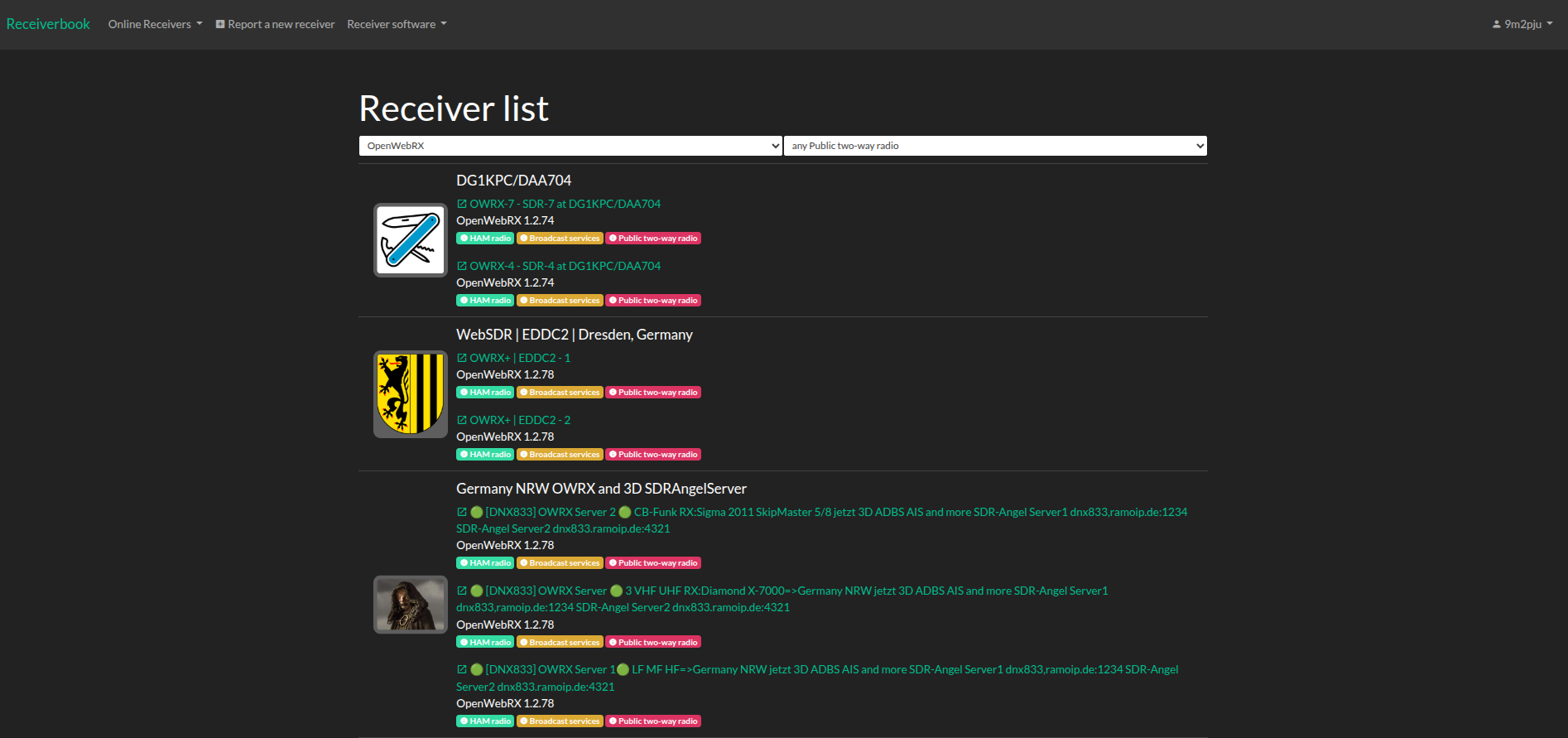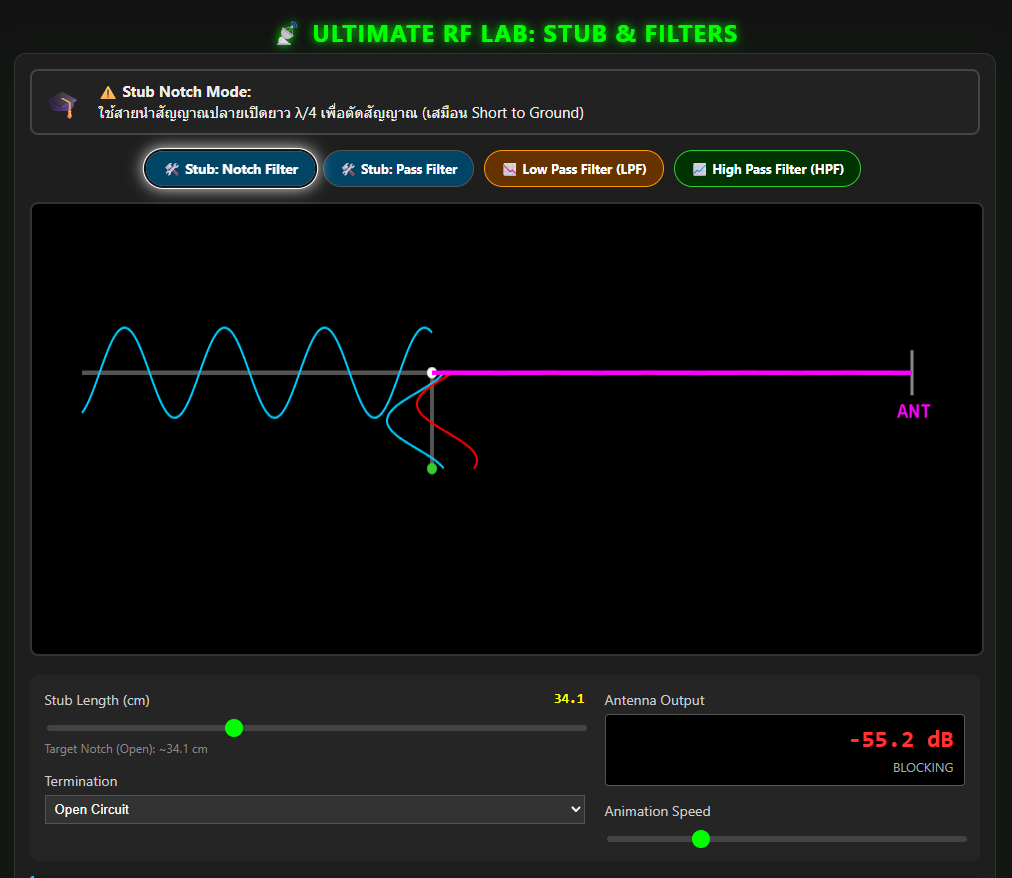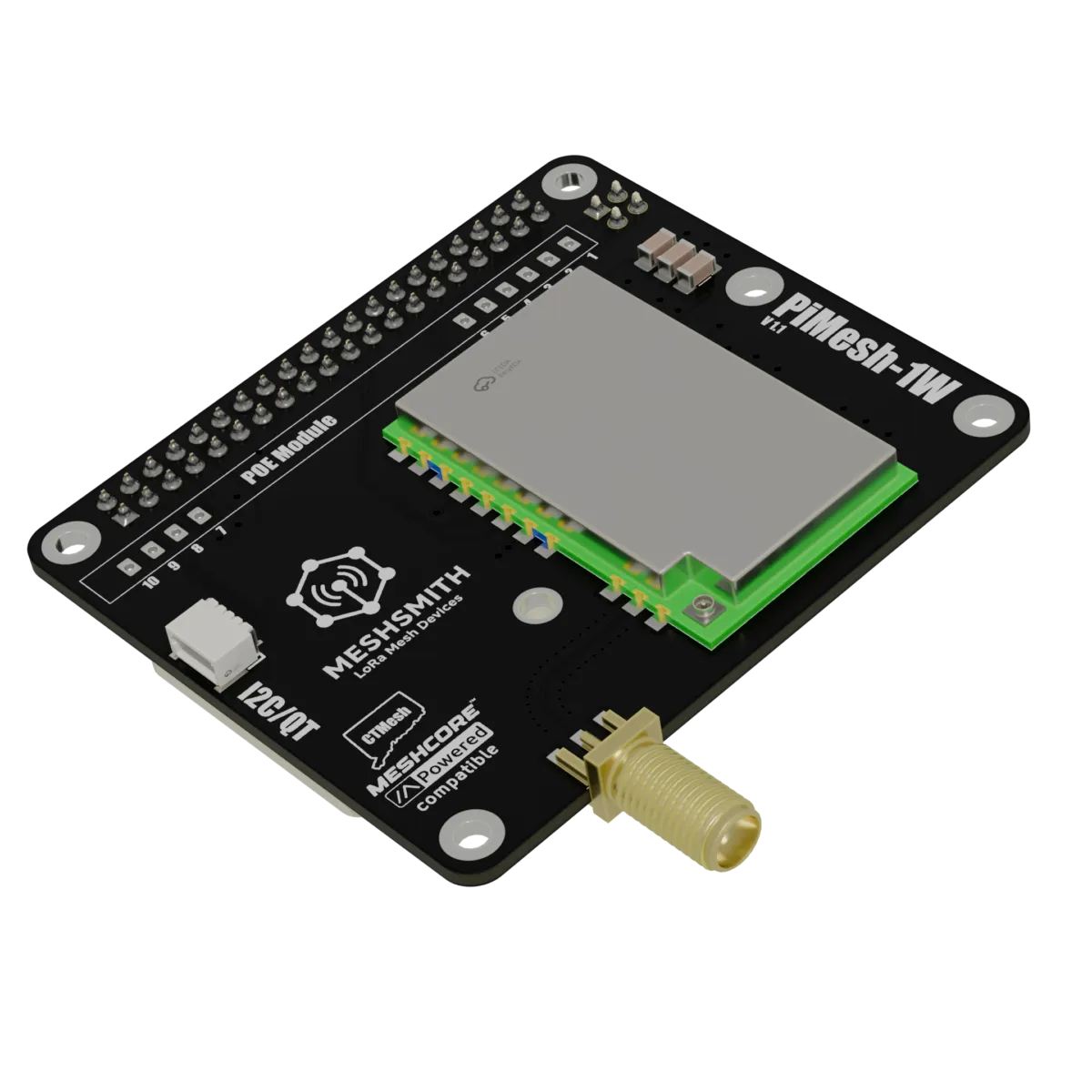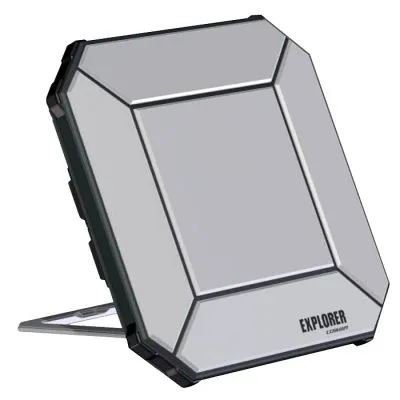amateur radio
ham radio
receiverbook
shortwave listening
shortwave radio
SWL
web SDR
airband, AmateurRadio, broadcastdxing, DigitalModes, dxing, ham radio, hamradio, HF, militaryradio, online SDR, radio, radiocommunication, radiodx, radioenthusiast, radiohobby, radiolistening, radioscanner, receiverbook, receivers, remote SDR, rtl2832, scanning, sdr, SDR directory, shortwave, shortwavelistening, swl, UHF, utilityradio, VHF, web SDR
9M2PJU
0 Comments
Exploring Receiverbook: A Powerful Tool for Shortwave Listeners, Radio Enthusiasts, and Amateur Operators
In the world of radio communication, access to high-quality receivers is essential for hobbyists, amateur radio operators, and shortwave listeners (SWLs). Whether tuning into international broadcasts, decoding digital signals, or monitoring amateur bands, having a network of online receivers can significantly enhance the listening experience. One such powerful tool is Receiverbook, a web-based directory of online Software-Defined Radio (SDR) receivers available for remote listening.
What is Receiverbook?
Receiverbook is a centralized directory that provides a list of publicly accessible SDR receivers worldwide. It allows users to remotely tune in to various radio frequencies without needing specialized hardware at home. The platform serves as a valuable resource for anyone interested in radio, from casual listeners to serious radio experimenters.
Features and Usability
Receiverbook simplifies the process of finding and accessing remote SDRs by offering:
- Global Coverage – A wide range of SDR receivers from different locations worldwide.
- Categorized Listings – Organized by frequency range, receiver type, and geographical location.
- Direct Links – Easy access to various web-based SDRs, including KiwiSDR, OpenWebRX, and WebSDR.
- Search and Filter Options – Allows users to quickly locate receivers that fit their listening needs.
Why Shortwave Listeners and Radio Enthusiasts Should Use Receiverbook
For shortwave listeners, Receiverbook provides an incredible opportunity to explore global radio signals. Some key benefits include:
- Access to Distant Signals – Listen to shortwave broadcasts from different parts of the world, even if propagation conditions are unfavorable in your local area.
- Comparing Signal Strength – Check how signals from various broadcasters propagate across different regions.
- Discovering New Stations – Explore lesser-known radio stations that may not be accessible with a personal receiver.
How Amateur Radio Operators Can Benefit
Amateur radio operators (hams) can also take advantage of Receiverbook for several practical applications:
- Monitor Propagation Conditions – Use remote SDRs to evaluate band openings and propagation paths before making transmissions.
- Check Transmission Quality – Hams can listen to their own signals from different locations to assess modulation, power, and antenna effectiveness.
- DX Monitoring – Track distant amateur radio operators, contest stations, or beacons to improve DXing strategies.
- Experimentation – Test digital modes, receive weak signal communications, or even experiment with software-based decoding from remote locations.
Conclusion
Receiverbook is an invaluable tool for anyone passionate about radio. Whether you are a shortwave listener exploring distant broadcasts, a radio enthusiast experimenting with digital modes, or an amateur radio operator fine-tuning your setup, this directory opens the door to a vast world of remote listening possibilities. By leveraging the power of publicly accessible SDRs, you can expand your listening experience beyond the limitations of your own equipment and environment.
For those looking to enhance their radio journey, Receiverbook is a must-explore resource that connects listeners to the world of radio like never before.







Post Comment